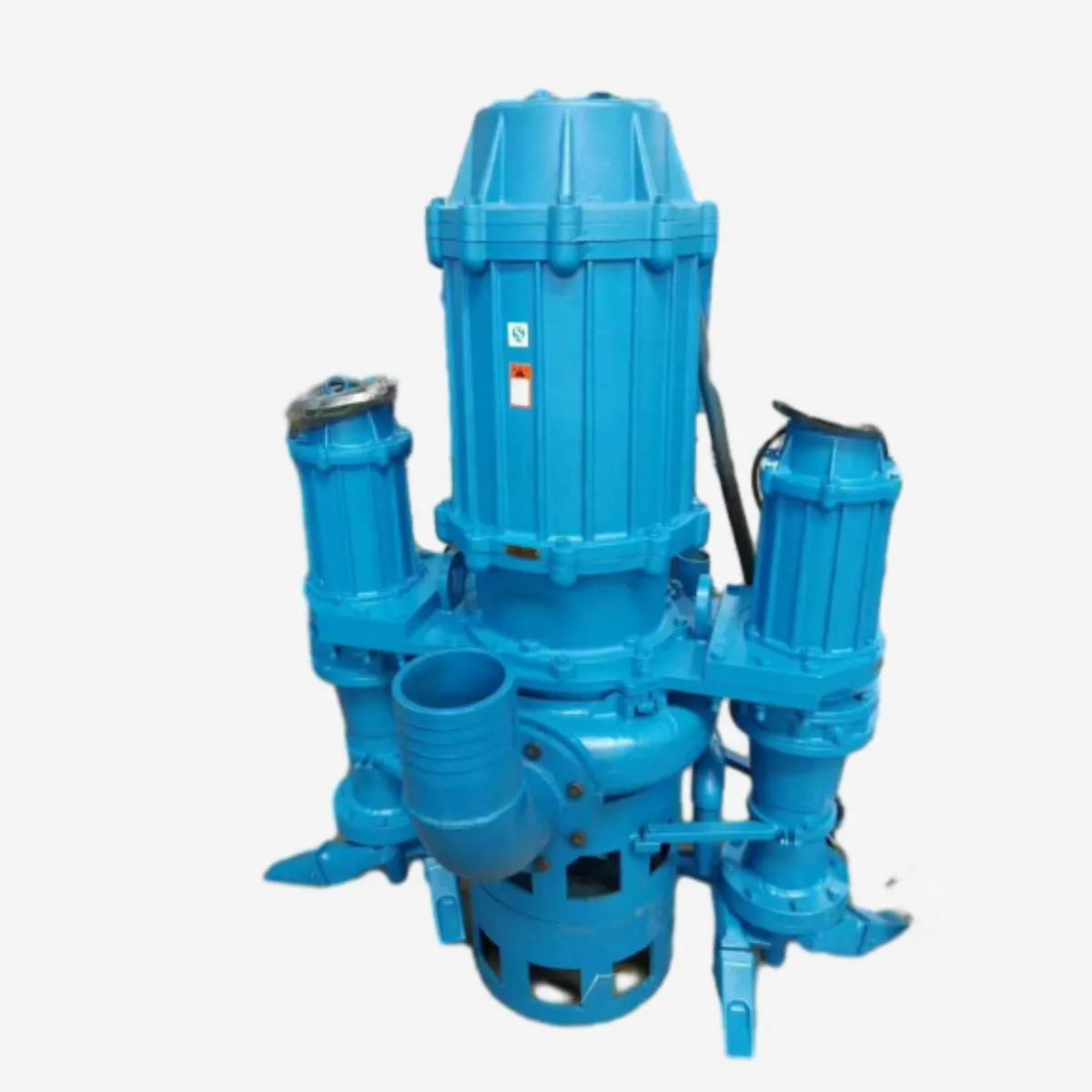English
- Afrikaans
- Albanian
- Amharic
- Arabic
- Armenian
- Azerbaijani
- Basque
- Belarusian
- Bengali
- Bosnian
- Bulgarian
- Catalan
- Cebuano
- Corsican
- Croatian
- Czech
- Danish
- Dutch
- English
- Esperanto
- Estonian
- Finnish
- French
- Frisian
- Galician
- Georgian
- German
- Greek
- Gujarati
- Haitian Creole
- hausa
- hawaiian
- Hebrew
- Hindi
- Miao
- Hungarian
- Icelandic
- igbo
- Indonesian
- irish
- Italian
- Japanese
- Javanese
- Kannada
- kazakh
- Khmer
- Rwandese
- Korean
- Kurdish
- Kyrgyz
- Lao
- Latin
- Latvian
- Lithuanian
- Luxembourgish
- Macedonian
- Malgashi
- Malay
- Malayalam
- Maltese
- Maori
- Marathi
- Mongolian
- Myanmar
- Nepali
- Norwegian
- Norwegian
- Occitan
- Pashto
- Persian
- Polish
- Portuguese
- Punjabi
- Romanian
- Russian
- Samoan
- Scottish Gaelic
- Serbian
- Sesotho
- Shona
- Sindhi
- Sinhala
- Slovak
- Slovenian
- Somali
- Spanish
- Sundanese
- Swahili
- Swedish
- Tagalog
- Tajik
- Tamil
- Tatar
- Telugu
- Thai
- Turkish
- Turkmen
- Ukrainian
- Urdu
- Uighur
- Uzbek
- Vietnamese
- Welsh
- Bantu
- Yiddish
- Yoruba
- Zulu
Telephone: +86 13120555503
Email: frank@cypump.com
Nov . 25, 2024 22:17 Back to list
Basement Water Management Solutions with Efficient Plumbing Pumps for Homeowners
Understanding Basement Plumbing Pumps Essential Insights for Homeowners
When it comes to maintaining a basement in good condition, one of the most critical components is the plumbing pump. A basement plumbing pump is designed to manage water accumulation, preventing flooding and water damage. Whether you're dealing with groundwater seepage or excess moisture, understanding how these pumps work and their importance can save you from costly repairs.
What is a Basement Plumbing Pump?
A basement plumbing pump, often referred to as a sump pump, is an essential device installed in the lowest part of a basement or crawl space. Its primary function is to remove water that has accumulated in a sump basin, typically located at the lowest point of the basement. This water can come from various sources, including rainfall, melting snow, and groundwater.
Types of Basement Pumps
There are mainly two types of basement pumps submersible and pedestal.
1. Submersible Pumps These are designed to be submerged in water. They come with a sealed motor that allows them to operate underwater. This type of pump tends to be quieter and is ideal for larger basements where water accumulation can be significant. Moreover, submersible pumps usually have a longer lifespan due to their protective design.
2. Pedestal Pumps Unlike submersible pumps, pedestal pumps are mounted above the sump basin. They have a long shaft that extends down into the water. While they are generally less expensive and easier to service, they can be noisier and are best suited for smaller basements where water levels are not excessive.
How Basement Pumps Work
The operation of a basement plumbing pump is straightforward
. When water collects in the sump basin, the pump's float switch activates once the water reaches a pre-set level. This initiates the pumping mechanism, which expels water through a discharge pipe, directing it away from the foundation of the house. Many systems include a check valve to prevent backflow.basement plumbing pump

Importance of Basement Plumbing Pumps
Ignoring the need for a plumbing pump in your basement can lead to significant problems. Here’s why you should consider installing one
- Flood Prevention The number one reason for having a basement pump is to prevent flooding during heavy rainfall or snowmelt. Without a functional pump, your basement could experience substantial water damage, leading to costly repairs and hazardous mold growth.
- Moisture Control Excess moisture in your basement can lead to structural issues and encourage mold and mildew growth. A plumbing pump helps maintain a dry environment, which is crucial for the health of your home.
- Energy Efficiency By keeping your basement dry, you can improve the overall energy efficiency of your home. Damp environments can cause your HVAC system to work harder, leading to higher energy bills.
Maintenance of Basement Pumps
Like any other mechanical system, basement plumbing pumps require regular maintenance to function efficiently. Homeowners should routinely check the pump for debris, inspect the power source, and test the float switch to ensure it activates properly. It’s also advisable to have your system inspected by a professional at least once a year to catch any potential issues before they become problematic.
Conclusion
Investing in a basement plumbing pump is a wise decision for homeowners looking to protect their property from damage caused by water accumulation. Not only does it save you from potential flooding, but it also helps maintain a healthy environment by controlling moisture. Understanding the different types of pumps, how they function, and the importance of regular maintenance will empower you to make informed decisions about your basement's plumbing needs. By taking proactive measures, you can ensure that your basement remains a safe, dry, and functional space for years to come.
-
Heavy-Duty Mining Sludge Pumps - Wear-Resistant Slurry Handling
NewsAug.02,2025
-
Horizontal Split Case Pump with GPT-4 Turbo | High Efficiency
NewsAug.01,2025
-
ISG Series Pipeline Pump - Chi Yuan Pumps | High Efficiency, Durable Design
NewsAug.01,2025
-
Advanced Flue Gas Desulfurization Pump with GPT-4 Turbo | Durable & Efficient
NewsJul.31,2025
-
ISG Series Vertical Pipeline Pump - Chi Yuan Pumps | Advanced Hydraulic Design&Durable Construction
NewsJul.31,2025
-
ISG Series Vertical Pipeline Pump - Chi Yuan Pumps | Energy Efficient & Low Noise
NewsJul.31,2025










